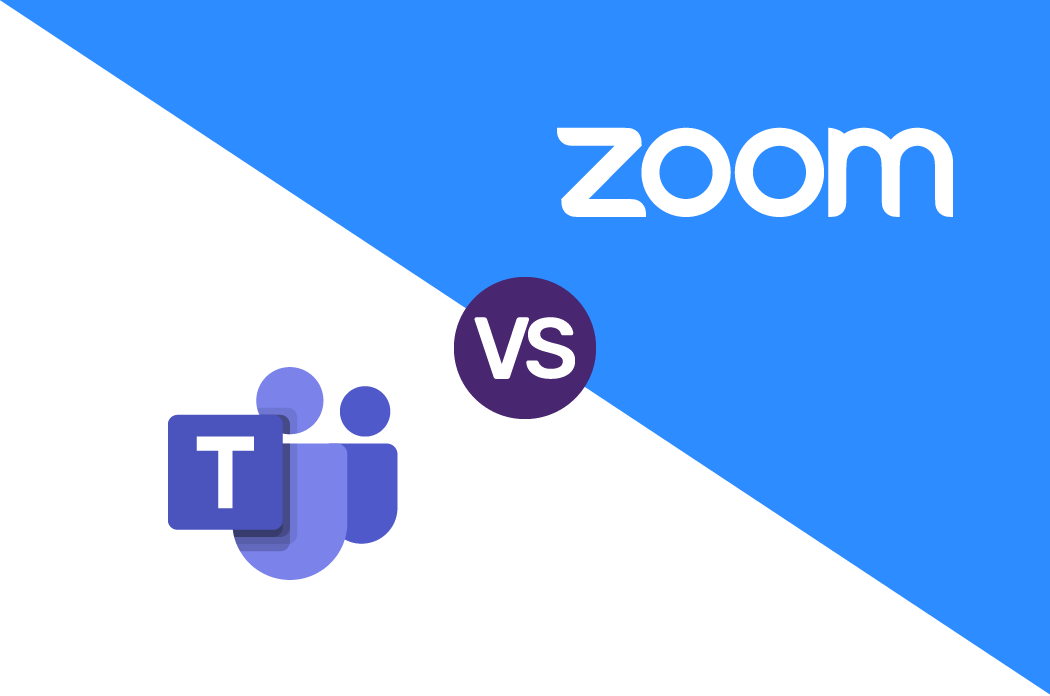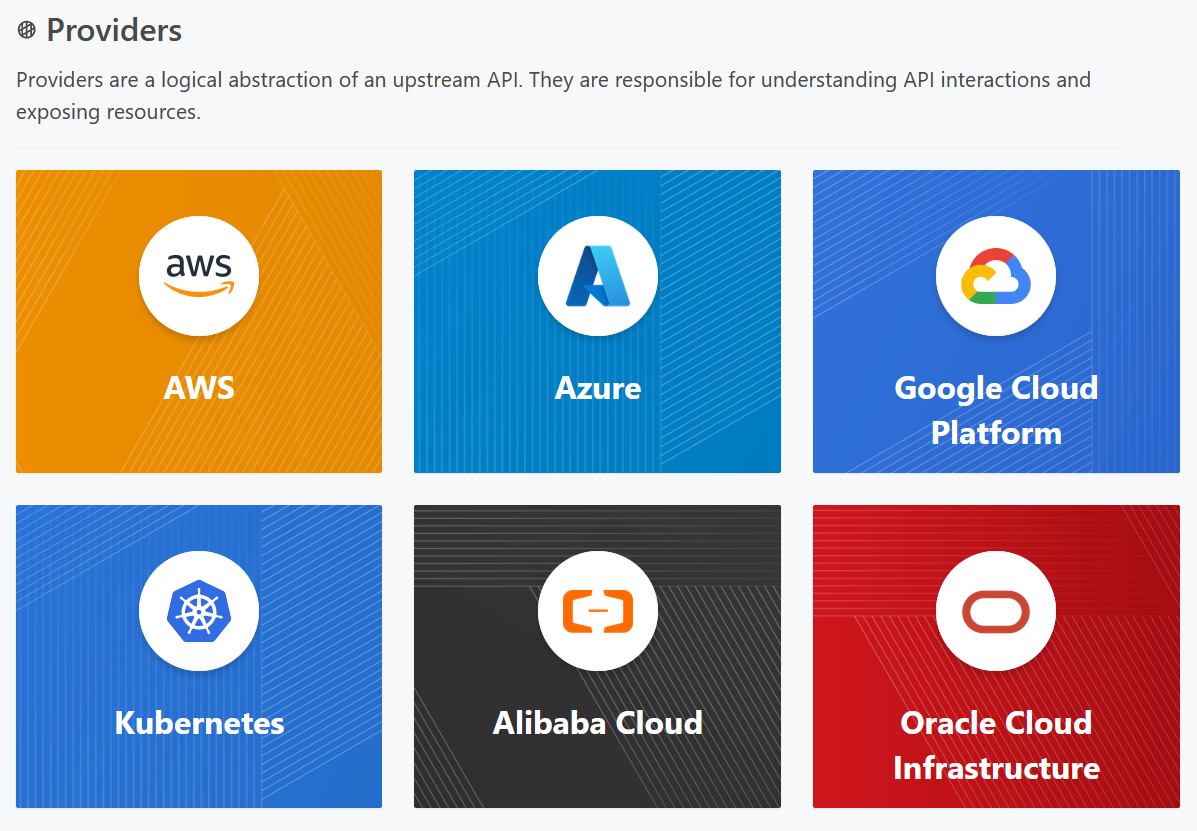The rise of online degree programs has transformed the educational landscape, allowing individuals to pursue degrees from the comfort of their homes and on their own schedules. This flexibility appeals especially to working professionals eager to enhance their skills and advance their careers. However, the rapid growth of online education has led to a variety of programs with differing levels of quality, making it essential to research and select the right program that meets your individual needs and goals.
Toc
- 1. Flexibility: The Key to Work-Life Balance
- 2. Cost-Effective Pathways to Online Degree Programs
- 3. Career Advancement Opportunities
- 4. Related articles 01:
- 5. Choosing the Right Online Degree Program
- 6. Navigating the Online Learning Landscape
- 7. Frequently Asked Questions
- 8. Related articles 02:
- 9. The Future of Online Education
Flexibility: The Key to Work-Life Balance

One of the most significant advantages of online degree programs is the flexibility they provide. Unlike traditional educational settings, which often require attendance at specific times and locations, online programs enable students to study at their own pace and on their own schedules. This adaptability is crucial for working professionals who must balance their studies with job responsibilities and personal commitments. For example, a parent who needs to attend to their children’s needs during the day can choose to study at night, while a nurse working a night shift can take courses during the day. Online programs also offer asynchronous learning, where students can access materials and complete assignments at their own pace, further enhancing flexibility.
Online degree programs cater to a wide range of learning styles and schedules, offering a truly flexible learning experience. Whether you prefer to study early in the morning or late at night, the choice is yours. Many online programs provide recorded lectures, allowing you to revisit complex topics at your convenience. Additionally, platforms often include forums and discussion boards, enabling you to engage with classmates and instructors without the constraints of time or geography.
To help manage your time effectively, consider utilizing digital tools such as calendar apps, task management software, and study planners. These resources can assist you in organizing your coursework, setting deadlines, and maintaining a consistent study routine.
Cost-Effective Pathways to Online Degree Programs

Pursuing an online degree can be a more cost-effective solution compared to traditional on-campus programs. The financial implications of commuting, housing, and other associated costs can add up quickly. By eliminating these expenses, online universities degree programs present a more affordable option for many working professionals. For instance, according to the U.S. Department of Education’s National Center for Education Statistics, the average cost of tuition and fees for a full-time undergraduate student at a public four-year institution in the 2022-2023 academic year was $10,730 for in-state students. In contrast, many online programs offer tuition rates significantly lower than their on-campus counterparts.
Furthermore, online degree programs often offer various financial aid options, scholarships, and flexible payment plans to ease the financial burden. Many institutions understand the unique challenges faced by adult learners and strive to provide accessible pathways to education. This financial accessibility opens doors for a diverse range of individuals, empowering them to pursue their educational goals and enhance their career potential.
Potential Savings Breakdown:
- Commuting Costs: Save on gas, public transportation, and parking fees.
- Housing Expenses: Avoid on-campus living costs, which can be substantial.
- Materials: Many online programs provide digital resources, reducing the need for expensive textbooks.
- Flexible Payment Plans: Some programs offer monthly or quarterly payment options, making it more manageable to pay for your education while working.
Quality Considerations: Choosing the Right Program
While online degree programs offer increased flexibility and cost savings, it is essential to carefully research and select a reputable program that meets your needs. With the rapid growth of online education, there has been an increase in low-quality programs seeking to capitalize on the demand. These programs often lack accreditation or have poor academic standards, which can negatively impact your educational experience and future career prospects.
When researching potential programs, consider factors such as accreditation, faculty qualifications, student support services, and job placement rates. Accreditation ensures that an institution meets specific standards of quality and is recognized by third-party organizations. Additionally, faculty with relevant experience and credentials can bring a wealth of knowledge and practical insights to their teaching methods. Finally, student support services such as academic advising, tutoring, and career counseling are indicative of an institution’s commitment to student success.
Career Advancement Opportunities

4. https://hikvisiondashcam.vn/mmoga-best-car-insurance-in-louisiana-a-comprehensive-guide-for-seniors
5. https://hikvisiondashcam.vn/mmoga-best-schools-for-computer-science-a-guide-for-aspiring-coders
Online degree programs are not only about convenience; they also offer significant career advancement opportunities. Whether you’re looking to climb the ladder in your current field or transition into a new industry, an online program can help you acquire the skills and credentials needed to succeed.
For instance, degree online programs in business administration, healthcare management, and information technology can provide a robust foundation for various career paths. Specialized online programs degree, such as those in cybersecurity or digital marketing, can equip you with the niche skills required in today’s job market. Another emerging trend is the increasing use of artificial intelligence (AI) in online learning platforms. AI-powered tools can personalize learning experiences, provide real-time feedback, and even assist with writing and research, making online education more engaging and effective.
Employers increasingly recognize the value of online education, especially when it comes from accredited institutions. A 2019 study by the Pew Research Center found that 60% of employers view online degrees as equally valuable as traditional degrees. This growing recognition is reflected in the increasing number of employers who actively seek candidates with online degrees, especially in fields such as technology, healthcare, and business.
Choosing the Right Online Degree Program
Selecting the right online degree program is crucial for your success. Begin by prioritizing accredited institutions with a solid reputation in their respective fields. Accreditation ensures that the program meets specific educational standards, which is vital for your future employability.
Key Factors to Consider:
- Curriculum: Review the course offerings, electives, and specialization options to ensure they align with your career goals.
- Faculty: Investigate the qualifications and experience of the instructors, as their expertise can significantly enhance your learning experience.
- Support Services: Look for programs that offer robust academic advising, career counseling, and technical support to facilitate your online learning journey.
- Cost: Compare tuition fees, payment plans, and available financial aid to ensure the program fits your budget. Remember to factor in potential savings from reduced commuting and housing costs.
The Rise of Micro-Credentials
Micro-credentials have emerged as a popular alternative to traditional degrees, offering a more focused and flexible approach to learning. These credentials, often referred to as digital badges or certificates, allow individuals to gain specific skills in a short period. They are especially appealing in fast-evolving fields like technology, where staying current with new developments is crucial. Micro-credentials can complement a degree program or serve as standalone proof of expertise in particular areas, giving students and professionals the chance to upscale their knowledge without the time commitment of a full degree. This evolving process of continuous education enables learners to remain competitive in a rapidly changing job market. Employers appreciate the agility that micro-credentials provide, as they often indicate a commitment to lifelong learning and adaptation to new industry trends.

Balancing Online Learning with Personal Commitments
One of the most appealing aspects of online degree programs is the flexibility they offer, allowing students to balance their education with personal and professional commitments. Unlike traditional programs, online education provides the opportunity to create a custom schedule that fits your lifestyle. Students often appreciate the ability to learn at their own pace, choosing when and where to study, which can lead to more effective time management.
However, this flexibility requires strong self-discipline and motivation to prevent procrastination and stay on track. Setting clear, attainable goals and maintaining a structured daily routine can make balancing personal and educational responsibilities more manageable. Additionally, many online programs offer forums and virtual study groups that facilitate interaction with peers, promoting a sense of community and shared purpose despite the remote setting. This supportive network can be invaluable for maintaining motivation and focus throughout your educational journey.
Overcoming Challenges in Online Education
While online learning offers numerous benefits, it also presents challenges that students must navigate. The absence of face-to-face interaction can sometimes lead to feelings of isolation, making it essential to seek out opportunities for engagement with instructors and classmates. Utilizing video conferencing tools, participating actively in discussion forums, and reaching out to instructors for feedback can help mitigate this issue and enhance your learning experience.
Moreover, technical issues may arise, from unreliable internet connections to unfamiliarity with digital platforms. Preparing for these challenges by ensuring you have dependable technology and a basic understanding of the online tools used in your program is crucial. Many institutions provide technical support to assist students in overcoming these hurdles, ensuring they can focus on their studies without the distraction of technical difficulties.
By recognizing and addressing these challenges, students can fully leverage the advantages of online learning and successfully navigate their academic journey.
Frequently Asked Questions

Q: What are the admission requirements for online degree programs?
A: Admission requirements vary by program and institution. Generally, applicants need a high school diploma or equivalent and may need to submit standardized test scores (e.g., SAT, ACT, GRE).
4. https://hikvisiondashcam.vn/mmoga-best-car-insurance-in-louisiana-a-comprehensive-guide-for-seniors
5. https://hikvisiondashcam.vn/mmoga-best-schools-for-computer-science-a-guide-for-aspiring-coders
Q: How do online degree programs compare in quality to traditional on-campus programs?
A: Accredited online degree programs maintain the same educational standards as traditional programs. They often feature rigorous academic expectations and experienced faculty.
Q: Are online degree programs recognized by employers?
A: Yes, degrees from accredited online programs are widely recognized by employers. Many companies value the skills and self-discipline demonstrated by online learners.
Q: What are some tips for succeeding in an online degree program?
A: Stay organized, manage your time effectively, actively participate in online discussions, and seek help when needed. Establishing a dedicated study environment can also enhance your focus.
Q: What are the best online degree programs for working professionals?
A: The best program depends on your career goals and interests. Popular fields include business, healthcare, technology, and education. Research programs that offer flexibility and align with your aspirations.
The Future of Online Education
As we look to the future, online education is poised to play an even more significant role in shaping the global learning landscape. Several key trends are influencing its evolution, making it more effective and accessible to a diverse range of learners.
Artificial Intelligence and Personalization
Artificial intelligence (AI) is revolutionizing online education by providing personalized learning experiences that cater to individual student needs. AI algorithms analyze data from student interactions with course materials to identify patterns, enabling platforms to adapt content delivery to match learning styles and pace. This results in a more engaging and effective educational experience, as students receive immediate feedback and tailored recommendations for further study. Additionally, AI can streamline routine tasks for instructors, allowing them to focus on engaging with students and enhancing their teaching methods. As AI continues to advance, its role in online education will likely expand, offering even greater opportunities for personalized learning and academic success.
Virtual Reality and Immersive Learning
Virtual reality (VR) is emerging as a powerful tool in online education, offering immersive learning experiences that can transform the way students engage with course content. By simulating real-world scenarios, VR enables learners to explore environments and practice skills in a safe, controlled setting. This technology is particularly beneficial in fields such as medicine, engineering, and the arts, where hands-on experience is crucial. For instance, medical students can practice surgical procedures in a virtual operating room, while engineering students can explore 3D models of complex machinery. As VR technology becomes more accessible and cost-effective, its integration into online education is expected to grow, providing students with rich, interactive learning experiences that enhance understanding and retention. This shift towards immersive learning underscores the potential of VR to make education more dynamic and impactful across various disciplines.
Collaboration and Global Networking
Online education increasingly emphasizes the importance of collaboration and global networking, providing learners with the opportunity to connect with peers and professionals from around the world. This interconnectedness fosters a multicultural learning environment where students can share diverse perspectives and ideas. Collaborative projects and group discussions, facilitated through online platforms, encourage teamwork and communication skills, which are vital in today’s globalized workforce. Furthermore, many online programs offer opportunities for virtual exchange programs and international partnerships, broadening students’ horizons and understanding of global issues. As online education continues to evolve, these elements of collaboration and networking will become even more integral, preparing students to thrive in an ever-diverse and interconnected world.
The Rise of Micro-credentials
Another trend shaping the future of online education is the rise of micro-credentials and digital badges. These certifications, which focus on specific skills or competencies, provide learners with a flexible and targeted way to enhance their expertise. Unlike traditional degrees, micro-credentials can often be earned quickly and at a lower cost, making them an attractive option for individuals seeking to upskill or pivot in their careers. Platforms offering micro-credentials often partner with industry leaders to ensure their relevance and applicability in the job market. As more employers recognize the value of verified skills over conventional qualifications, the demand for micro-credentials is likely to grow, influencing the educational landscape by providing learners with diverse pathways to professional development and lifelong learning.
Accessibility and Inclusivity in Online Education
As online education expands, ensuring accessibility and inclusivity becomes increasingly crucial. Educational institutions are striving to make their online programs available to a diverse range of learners, including those with disabilities and those from underrepresented communities. This commitment involves optimizing websites for screen readers, providing subtitles and transcripts for video content, and offering courses in multiple languages. Inclusivity extends beyond technology, aiming to address socioeconomic barriers by providing financial aid options and affordable course materials. Additionally, awareness of cultural contexts and incorporating diverse perspectives into the curriculum foster a more inclusive educational experience. The continued focus on accessibility and inclusivity in online education helps bridge the digital divide, empowering learners from various backgrounds to access quality education and develop skills for their future.










